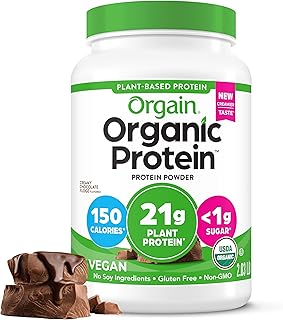Plant-based foods have gained popularity in Australian supermarkets, offering a variety of alternatives to traditional meat and dairy products. However, the healthiness of these products can vary significantly, leaving consumers unsure about their nutritional value.
Researchers conducted a thorough analysis of over 700 plant-based products available in Australian supermarkets to determine their healthiness. The study revealed that some products contain high levels of salt and saturated fat, raising concerns about their overall health benefits.
During their investigation, researchers visited multiple supermarkets to collect information on plant-based alternatives, including meat substitutes, legumes, dairy milk substitutes, cheese alternatives, and non-dairy yogurts. They analyzed the nutritional content of these products to assess their health impact.
One concerning finding was the high sodium content in plant-based meats, with variations ranging from minimal levels in tofu to alarmingly high levels in products like plant-based mince. The excessive sodium intake from these products could pose health risks, especially related to blood pressure.
Plant-based milks, on the other hand, showed a positive trend with 70% of products being fortified with calcium, essential for bone health. However, coconut-based milks were found to have significantly higher saturated fat content compared to other options like almond, oat, and soy milks.
The study also delved into cheese and yogurt alternatives, highlighting the lack of calcium fortification in most plant-based cheeses and the varying levels of sodium and saturated fat in these products. This comprehensive analysis provided valuable insights into the nutritional composition of these alternatives.
For consumers looking to make healthier choices when shopping for plant-based foods, the researchers offered practical tips. They recommended opting for whole plant foods like legumes and tofu, which are rich in essential nutrients and dietary fiber. Additionally, they advised monitoring sodium levels, choosing low-sodium canned beans, and selecting calcium-fortified non-dairy milk options.
As the plant-based food market continues to expand, understanding the nutritional profiles of these products is crucial for making informed dietary decisions. By prioritizing health-conscious choices and being mindful of sodium, calcium, and saturated fat content, consumers can navigate the diverse range of plant-based options available in supermarkets.
📰 Related Articles
- Study Reveals Risks of Music Compression on Hearing Health
- Zimbabwe Study Reveals High Uptake of Menstrual Health Services
- Young Australians Exposed to Online Gambling Risks, Study Reveals
- Study Reveals Risks of Adding Cream and Sugar to Coffee
- Study Reveals Rising Income Needed for Australian Property Buyers






